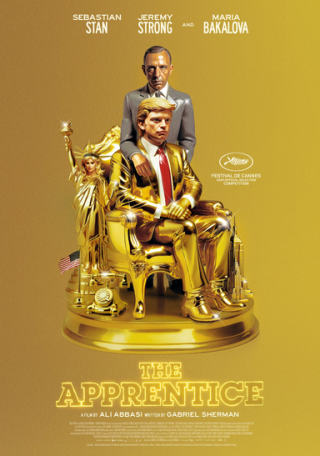Cohn was a pushy little striver love-bombing the military-industrial complex on behalf of his dumb-jock crush, and while the rest of Washington could tolerate his red-baiting as long as it benefited them politically, they were put off by him personally. Rather than a rejection of McCarthyism, Point of Order documents a political establishment disciplining McCarthy, revealed as a ponderous dullard, and recoiling from Cohn, overwhelmed by the vehemence of his crusade and scornful of the ardency of his conflicting desires. He had become an inconvenient creep, whose stigmatized sexuality was only barely subtextual. At times in the film, Cohn, a natural-born inquisitor, seems to recognize his own scapegoating—watch the rueful, smirking way his mouth moves when Welch cracks a joke about a “Pixie” (a subminiature 16mm camera of the day) being “a close relative of a fairy.”
The bow-tied Welch was a partner at one of the white-shoe firms that would become WilmerHale, but comes off as a simple-country-lawyer type with his folksy, kindly voice and commonsensical questioning (he parlayed his fame from the hearings into a Golden Globe–nominated turn in Otto Preminger’s Anatomy of a Murder, 1959). He plays the adult in the room, but his sarcastic, supercilious browbeating of Cohn, his barely disguised contempt, is striking, and worked to bait McCarthy: Welch’s famous “Have you no sense of decency?” exchange came after McCarthy, wounded by Welch’s questioning of Cohn, hit back at one of Welch’s juniors, Fred Fisher, bringing up his former membership of the left-wing Lawyers Guild. Welch’s tenderhearted defense of his golden boy—“I fear he shall always bear a scar needlessly inflicted by you”—was far more effective political theater than McCarthy’s hammering away, and Cohn, along with everyone in the room except his boss, recognized it immediately. He shifts in his seat and rolls his eyes queasily as McCarthy continues to belabor the point, his self-preservation instinct going into overdrive.


Top: Point of Order (Emile de Antonio, 1964). Bottom: Citizen Cohn (Frank Pierson, 1992).
Cohn’s notoriety served him well in his subsequent decades as an attorney in private practice and a New York City society fixture: he was valued more for his bullishness and favor-trading than for his legal mind. His vulnerability as a gay man, briefly glimpsed in Point of Order, was minimized during his years as a power broker. It definitively resurfaced following his death in 1986 from AIDS (which he insisted to the end was liver cancer) and the public revelation of his homosexuality, long an open secret in New York gay circles.

